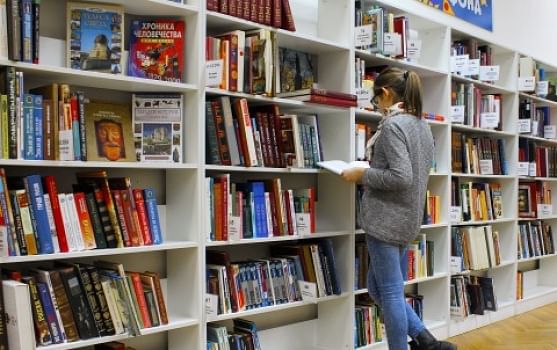What kind of translation do I need?

Professional translation isn’t a one size fits all kind of industry. You may well know which language pairing you need for your translation, but did you know that the type of translator you use can make a big difference to the overall quality of your translation?
Translation specialisms
The content and style of your document will determine the kind of translator that you need. Our translation company works with a vast network of translators (more than 5,000 individuals in total) and each one has a unique skill set. The translator that we assign to work on your document will be based on a comparison of the document’s contents and our translators’ experience and abilities.
For example, legal documents tend to contain a host of specialist jargon. Assigning legal document translation to a translator who specialises in poetry would be unlikely to result in as high a quality translation as assigning it to a translator who has been specially trained to work on legal papers. The same is true of various specialisms within the translation sector, including medical translation and scientific translation.
In the same vein, asking a specialist medical translation to work on the translation of an epic poem would likely cause the translator some consternation!
Growing translation demand
One rapidly growing area of translation that requires a specialist translator is that of software translation. The expansion of the internet around the world and the potential to make money from mobile device apps has led to a boom in demand for software translation services. These translators need to not only have excellent language skills, but also understand the technical aspects of the task that they are undertaking.
Localization services
Software translators also often have to be localization experts, although localization services are needed for many more projects than just software translation. If you plan to market a product overseas, localization is an essential part of the process. While translation will convert copy from one language to another, localization will look at the cultural context of that copy and consider whether it could be deemed offensive (or amusing when not intended to be) by the audience for whom it is intended.
Localization experts need to have an in depth understanding of the country and culture that a translated document is intended for. This enables them to ensure that translations are appropriate to those who will read them. It’s a process that can save companies a great deal of reputational damage, as well as money!
What kind of translator do I need?
If you’re not sure which kind of translator you need, don’t worry. You can contact the helpful Tomedes team and discuss your translation requirements in detail. We will then match your translation requirements to the perfect translator.
CATEGORIES
STAY INFORMED
Subscribe to receive all the latest updates from Tomedes.
© Copyright 2007-2022 TOMEDES. All Rights Reserved.


Post your Comment